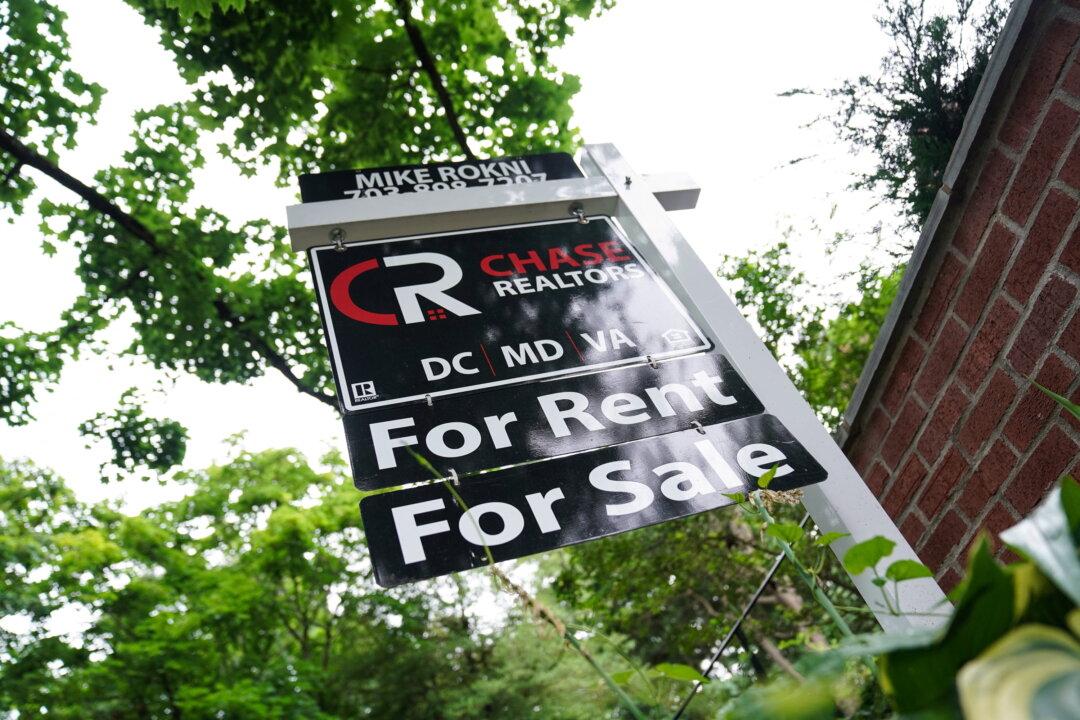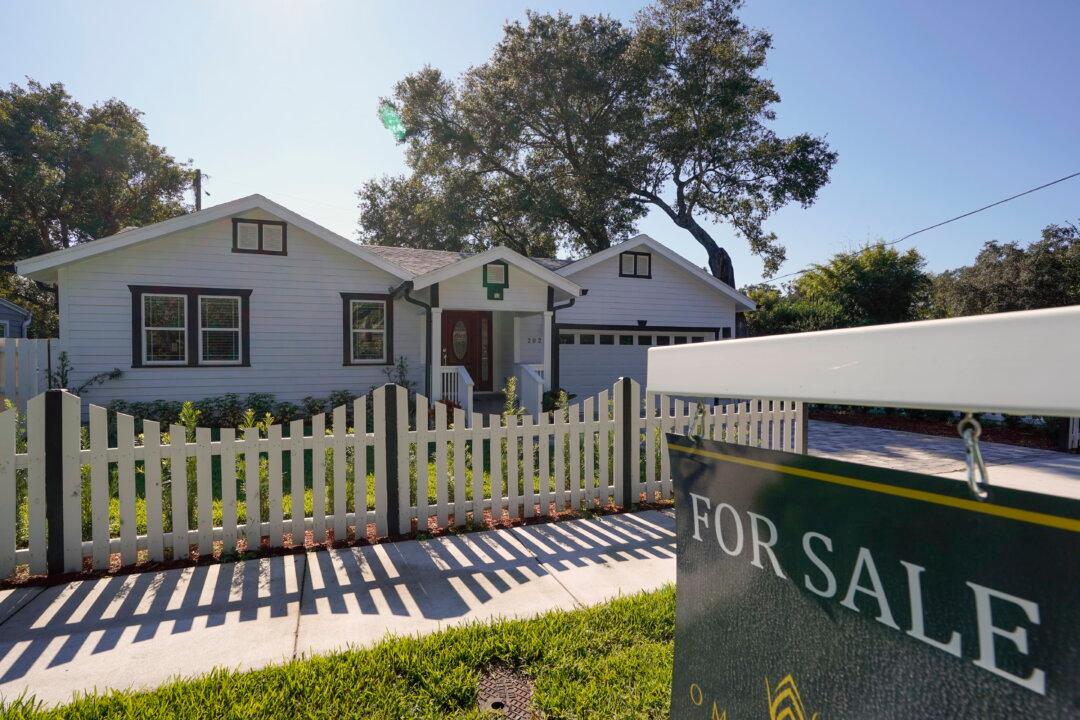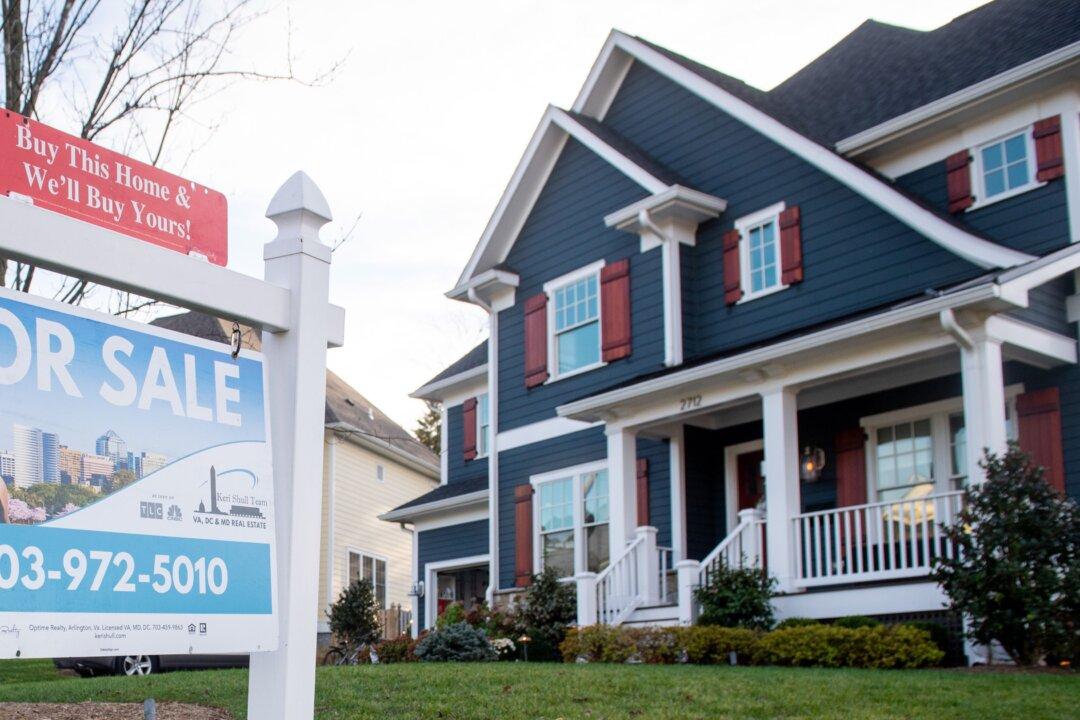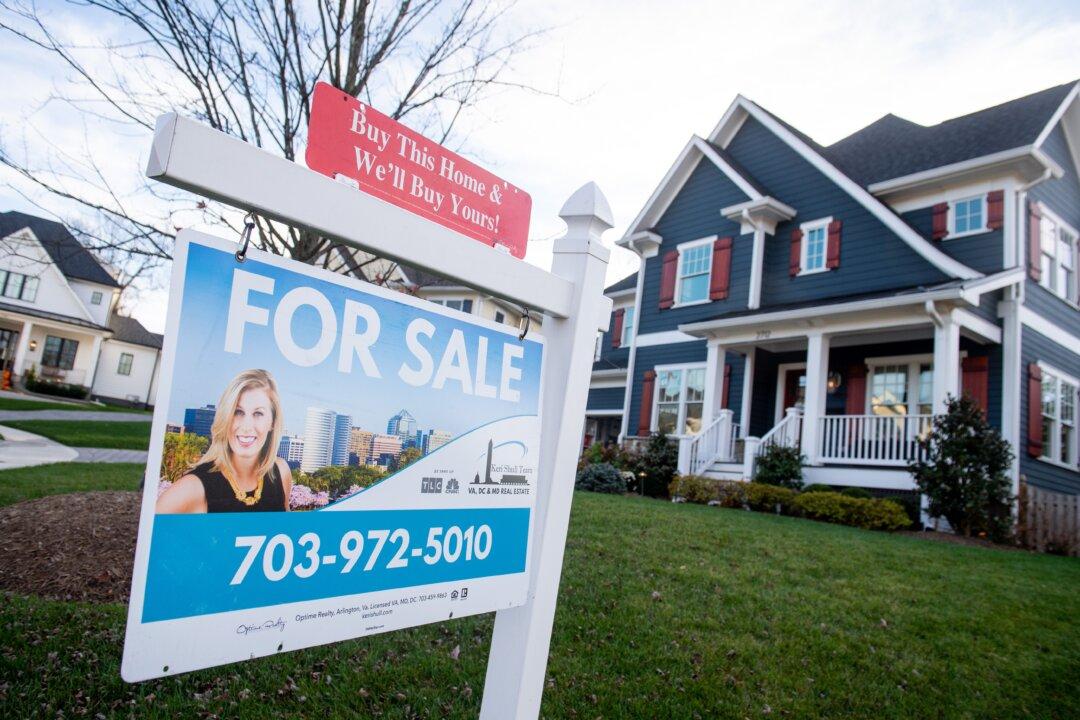Commentary
Now that holiday gifts and toys are in the past and you’ve probably stepped on your last stray Lego piece, it’s time to start thinking about financial resolutions. If you’re a homeowner, the terrific price appreciation that you’ve seen recently means there’s a good chance that you’re sitting on a nice chunk of home equity.





